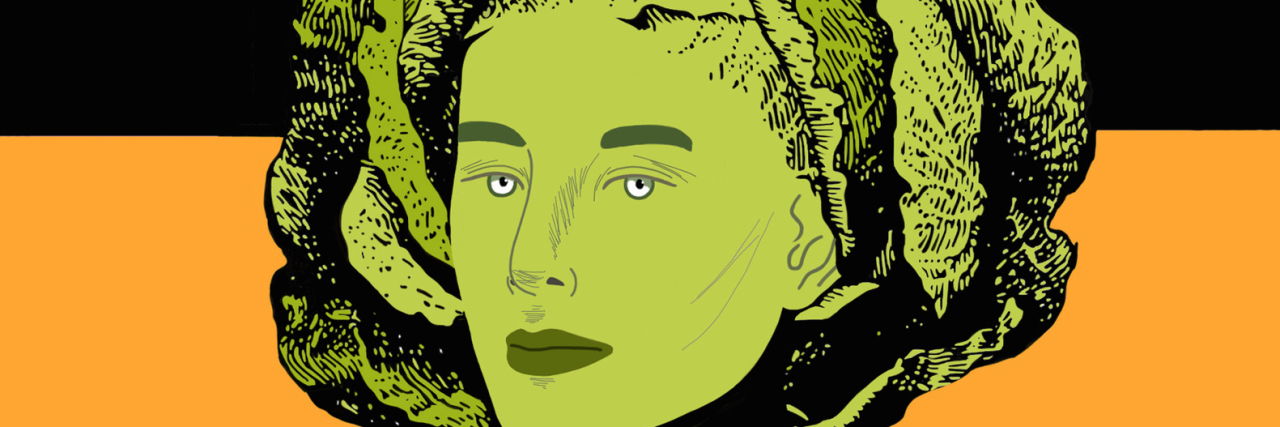I’ve recently become more open with people about my mental health. The more I’ve spoken about it with close friends and family, the more I’ve come to realize just how rampant and widespread trauma really is. But a lot of times when I speak of it with people who only know one side of me, I get “the look.” Then they say, “You have PTSD? But you’re so normal.”
I die a little bit inside whenever someone says this. And then I feel guilty. I hate myself. I question whether I really have it or not, despite the diagnosis made by clinicians. I ask myself if my fear, anxiety and depression are actually things I’ve made up in order to get more attention as many people like to believe. Am I overreacting when I get those flashbacks? Did those things really happen to me or did I make that up?
There is the part of me that is afraid to leave my house because there are too many men out there. I can’t go to the supermarket without my dog in the backseat with his little head sticking out the window waiting for me to come back to the car. Speaking about my feelings makes me feel strangled and nauseated. I can’t stick up for myself because even though it’s been years, I still expect a beating. When I’m triggered, I’m immobilized for days and there’s no talking me out of stepping outside without being able to cling to my husband’s arm. There are days when I can’t move because there are just so many emotions swirling in my head and I can’t make sense of it. Then there are the days when I swing so quickly from one thought to the next and one emotion to another that it’s so hard to be a normal human being and do things like hold a job and join a club because I’m “emotional” and “touchy,” “sensitive” and “easily triggered.”
And then there’s the side of me that is a full-time master’s student studying psychology working towards a license so I can work with survivors of sexual trauma. I work as a therapeutic horseback riding instructor two days a week in hopes of one day being able to heal people with the magic of horses. I have panic attacks, but not often enough for others to see it. If I’m forced to, I can have a conversation with someone in public without looking terrified and I’m perceived as funny and outgoing. I have a lot of friends. I tell terrible jokes in a way that makes them funny and people are drawn to me when I am this other person.
People think I’m too “high-functioning” to have PTSD.
But what people don’t get is that when I have to be that someone else, I’m literally someone else. It’s almost like blacking out. I don’t remember the amount of time I spend being that other girl, talking with the male cashier who rung up my groceries or stopped me to ask questions about my dog while we were out for a walk. I become my alter-ego, the girl who got me through my years of trauma and self-destruction. But she is also part of the reason I am as broken as I am, so becoming her isn’t healthy for me. At all.
So when I tell people I have post-traumatic stress disorder, it is often hard to believe. I see the suspicion in their eyes. But what would they say if my husband was proud of me for making a phone call? What would they think of me if I told them, excitedly and with passion, that I was able to take care of errands that have been sitting on my to-do list for weeks? Would they believe me if I told them how big of a deal it is for me to talk myself out of self-harm or suicide because I’ve come so far already? Things they take for granted that they can easily do each day are milestones for me. They take work, effort and strength I did not know I had.
So yes, I have PTSD, but it is not something I wear on my sleeve because it does not define me. My survival does.
If you or a loved one is affected by sexual abuse or assault and need help, call the National Sexual Assault Telephone Hotline at 1-800-656-4673 to be connected with a trained staff member from a sexual assault service provider in your area.
Thinkstock photo via manuela bertoli.

